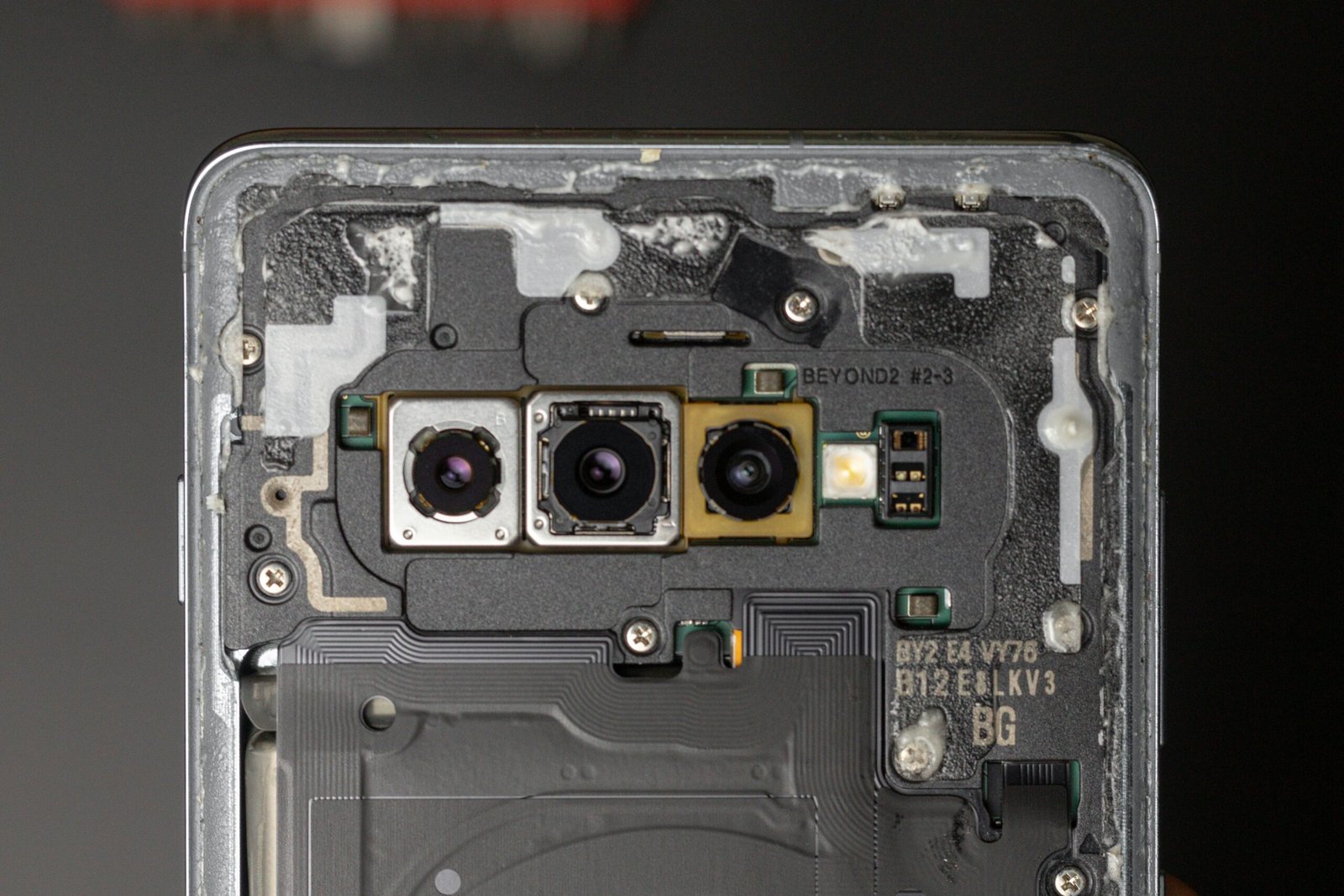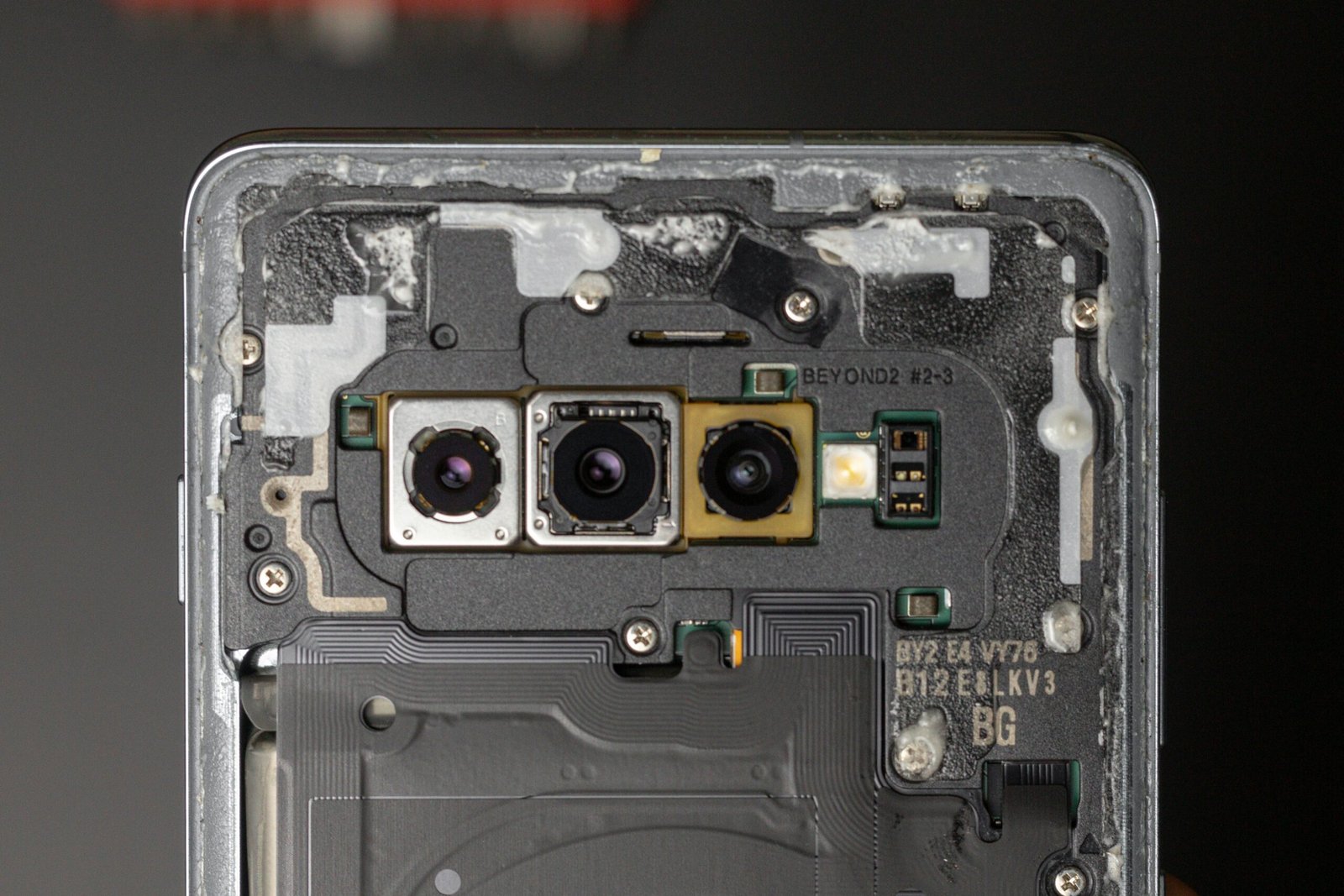Can You Make Money Fixing Phones?
Introduction to Phone Repair as a Business
The phone repair industry has seen significant growth in recent years, driven primarily by the escalating cost of new devices and the frequency of accidental damage. As smartphones become increasingly integral to our daily lives, the demand for affordable repair solutions has soared. Cracked screens, battery issues, and water damage are common problems that many users face, making professional repair services crucial and highly sought after.
The potential market size for phone repair is extensive. With billions of smartphones in use worldwide, the industry presents a lucrative opportunity for those looking to start a business. Repairing phones can be highly profitable as the margins on replacement parts and labor costs are considerably favorable compared to the high expense of purchasing new devices. This profitability attracts both independent repair shops and larger chains, contributing to the industry’s competitiveness.
There are various types of phone repair services that one can offer, each addressing specific issues that device owners frequently encounter. Screen replacements are amongst the most common services, as screens are vulnerable to cracks from drops and impacts. Battery swaps are also in high demand, given that battery lifespan diminishes with time and usage. Additionally, many repair businesses specialize in fixing water damage, salvaging phones that have been exposed to liquids.
Engaging in phone repair not only requires technical skills but also a keen understanding of customer needs and an ability to deliver reliable and efficient services. As the market continues to expand, being well-versed in the latest repair techniques and maintaining a steady supply of quality replacement parts will be key differentiators for successful businesses.
Skills and Equipment Needed for Phone Repair
Embarking on a journey to establish a phone repair business necessitates a solid foundation of technical expertise and precise skills. First and foremost, a comprehensive understanding of various phone models is imperative. This includes familiarity with the internal architecture of different brands and the nuances that distinguish each model. Such knowledge enables a technician to diagnose issues accurately and execute repairs efficiently.
Troubleshooting skills are another critical component of phone repair. The ability to systematically identify and rectify malfunctions, whether they stem from hardware or software, is essential. Expertise in pinpointing the root causes of issues such as unresponsive screens, battery failures, and connectivity problems will set a repair technician apart in a competitive market. This diagnostic process often involves a combination of analytical thinking and hands-on experience.
Moreover, precision is paramount when handling intricate electronic components. Given the delicate nature of modern smartphones, meticulous attention to detail is necessary to avoid causing further damage during a repair. Fine motor skills, steady hands, and patience are key traits for anyone aspiring to master phone repairs.
In terms of equipment, a well-equipped toolkit is indispensable. Essential tools include a set of precision screwdrivers, heat guns for loosening adhesives, and specialized repair kits tailored to varying phone brands and models. Additionally, auxiliary tools such as spudgers, tweezers, and anti-static mats play vital roles in ensuring safe and effective repairs.
A commitment to continuous learning is equally important. The dynamic nature of phone technology means that new models and updates are constantly being released. Staying abreast of these changes through ongoing education and training is crucial. Engaging in professional courses, attending workshops, and participating in online forums are excellent ways for technicians to enhance their skills and remain current with industry developments.
In conclusion, succeeding in the phone repair business requires a blend of technical knowledge, adept troubleshooting abilities, precision, and the right set of tools. Coupled with an unwavering dedication to continuous learning, these elements form the cornerstone of a proficient phone repair technician’s skill set.
Setting Up Your Phone Repair Business
Setting up a phone repair business requires thorough planning and consideration of several key factors. The first step is choosing a suitable business model that aligns with your resources and market demand. You might opt for a home-based business, which minimizes overhead costs but may limit your customer base. Alternatively, a mobile repair service allows you to offer convenience by traveling to customers, although it requires investment in a reliable vehicle and mobile equipment. For those aiming at a more professional setup, a dedicated repair shop could be ideal, providing a centralized location for drop-in customers but necessitating rental or property purchase costs.
Legal considerations are a fundamental aspect of launching your phone repair business. It is essential to research and comply with local regulations, which may include obtaining necessary licenses and permits. These legal documents validate your business and ensure you operate within the framework of the law. Business insurance cannot be overlooked either. Coverage such as general liability insurance and professional liability insurance protects you and your business from potential lawsuits and claims resulting from repairs gone awry or accidents on your premises.
Developing a robust business plan is crucial. This plan should outline your business goals, target market, competitive analysis, and financial projections. It serves as a roadmap, guiding your business decisions and helping attract potential investors or lenders. Your business plan should also detail your marketing strategies, as these will be pivotal in attracting customers and establishing a foothold in the market. An effective online presence is essential; creating a professional website, leveraging social media platforms, and registering your business on local directories can significantly enhance visibility. Local advertising, such as flyers, posters, and ads in community bulletins, coupled with forming partnerships with local phone retailers, can further increase customer inflow.
By carefully considering these aspects—choosing the right business model, adhering to legal requirements, crafting a detailed business plan, and implementing strong marketing strategies—you can set a solid foundation for your phone repair business and position yourself for success in this competitive industry.
Challenges and Tips for Success in the Phone Repair Industry
The phone repair industry, while lucrative, presents several challenges that can impede business success. One of the primary hurdles is intense competition. With numerous phone repair shops sprouting in every neighborhood, distinguishing your services from others becomes crucial. To counter this, building a strong reputation for reliability is essential. Word-of-mouth referrals and positive reviews can significantly enhance your business profile.
Sourcing quality parts is another significant challenge. The market is inundated with counterfeit and substandard components, which can sabotage repair quality and customer satisfaction. Establishing connections with reputable suppliers and verifying the authenticity of parts can help ensure that your repairs are durable and reliable. Developing a robust quality control system can also contribute to maintaining high standards and customer trust.
Maintaining customer trust goes hand-in-hand with delivering excellent customer service. Transparent communication, timely service updates, and professional conduct can foster a loyal customer base. Moreover, offering competitive pricing can attract more customers. However, balance is key: pricing should cover costs and provide a profit margin while remaining affordable to your target audience.
To scale your business effectively, consider diversifying the range of services offered. Expanding beyond phone repairs to include tablet and laptop repairs, accessory sales, or even software troubleshooting can tap into additional revenue streams. Another strategy is expanding to new locations. Conduct thorough market research to identify potential areas with high demand but low competition. Setting up new branches can broaden your customer base and increase service accessibility.
Lastly, hiring skilled technicians is vital to handle the increased workload and maintain service quality. Investing in employee training ensures that your staff is up-to-date with the latest repair techniques and technological advancements. Continuous professional development can enhance efficiency and service quality, positioning your business for long-term success in the competitive phone repair industry.







